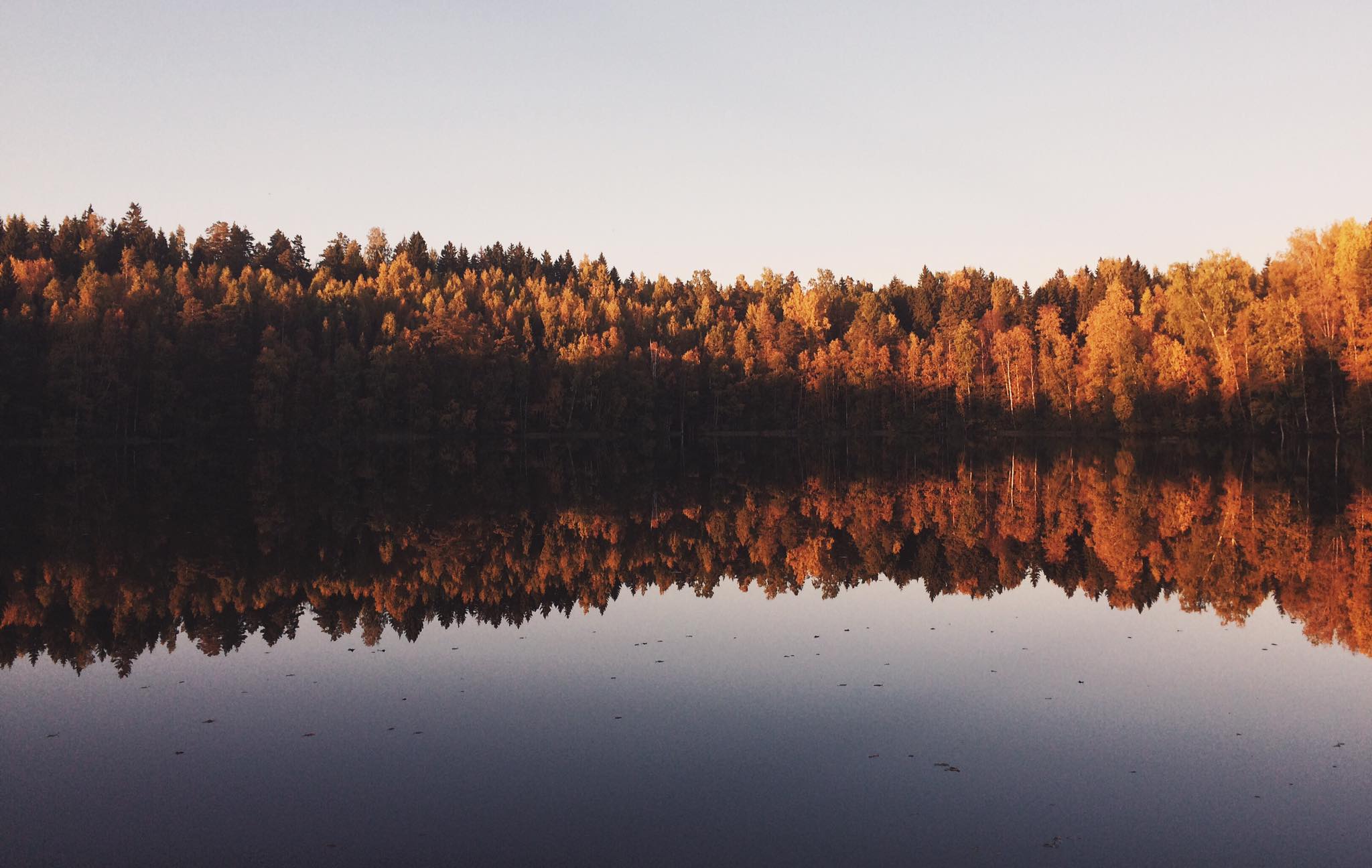Today I met Satu and Anna in a coffee house called kahvilla. After ordering our coffees and teas I introduced them to the Flemish dialect. All the regions/districts have their own way of speaking. The different dialects are however not official, so there is no official way of writing. Every Flemish person should know proper Flemish Dutch for communicating in formal occasions and for communicating with people who do not master the dialect such as migrants, Dutch people or people from another Flemish region.
I taught Satu and Anna some words and expressions that are popular in Oostende. It is city at the coast of Belgium only 20 km from Brugge (Bruges) and 5 km from my hometown Middelkerke. It is in the district West-Vlaanderen.
| Ostêns | Dutch | English
|
| T’ zèètje | De zee | The sea |
| T’ strange | Het strand | The beach |
| Hernoaze | Garnaal | shrimp |
| Oedje mulle | Hou je mond | Shut up |
| Oe kata nu? | Hoe kan dat nu gebeuren? | How is that possible? |
In the south of West-Vlaanderen there is a large city Kortrijk and the people in Kortijk also speak ‘West-Vlaams’ as in Oostende, but some expressions are different. I always make fun with the people from Kortrijk by using the following expressions.
| Kortrieks | Dutch | English
|
| Kenje hie da wok? | Ken jij dat ook | Do you know that too? |
| ‘t e gank | Het is zover | It started |
| Moek e tegen je skeen skippen miskien? | Moet ik eens tegen je schenen schoppen misschien? | Should I kick your shin? |
Some general rules in West-Vlaams.
- ‘g’ is pronounced as ‘h’
- If the last letters of a word are ‘-en’, than the ‘e’ is not pronounced
Eten (to eat) -> eetn
Lopen (to run) -> loopn


Comments